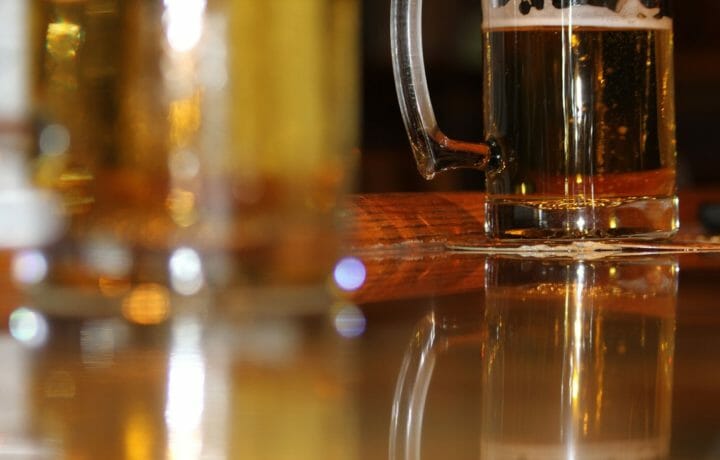Nowadays, everyone loves to talk about marijuana and the security clearance. And navigating that discussion is important – especially when looking at prior use and recruiting the next generation of talent. However, many often point out that alcohol consumption is a factor too in the security clearance process. And they would be right.
Adjudicative Guidelines and Alcohol
In fact, the Adjudicative Guidelines cover alcohol consumption under Guideline G. But Guideline G isn’t about your glass of wine at dinner or occasional party with friends. The security clearance process is most concerned about identifying patterns that imply a lack of reliability or trustworthiness. Oftentimes, public intoxication, Driving Under the Influence (DUI) citations, or any drinking that leads to criminal charges can highlight patterns of alcohol abuse. There are, however, factors that can help mitigate the situation because the government weighs each of the criteria in the Adjudicative Guidelines against the whole person concept.
But others have taken steps to walk through treatment and then find themselves with an opportunity to get a job in national security. One Reddit user noted that they had gone for treatment five times in the past decade, but have been sober for five years with an AA sponsor. While different agencies can make determinations for employment based on suitability criteria, without any arrests or other major factors, applicants who show ownership and positive steps can still get a security clearance. It may impact obtaining an interim clearance – but that just means that there’s more to be checked out. Be sure to include any mitigating information that you have in the comments section on the SF-86.
Of course, if you already have your security clearance and you find that alcohol is impacting your life, there are steps you can take so that you don’t lose your security clearance. The key to maintaining your security clearance is being honest (where relevant) with your FSO and taking steps to mitigate any issues that could arise.
Why Your Alcohol Consumption Matters
Ownership and honesty prove to the government that you are reliable and trustworthy with classified information. Attempts to downplay alcohol dependency or actions that are clearly made while under the influence can put national security at risk. So, even if there’s no charge or arrest from an alcohol-related event, patterns of negative behavior can highlight that a clearance holder is no longer reliable and trustworthy.
However, while negative patterns can reflect poorly, positive patterns can also show that the situation is sufficiently mitigated. When a clearance holder or applicant shows an ability to recognize a problem, seek treatment, and show a period of abstinence, the situation can be mitigated. This approach helps prove that the individual can be trusted. The world of national security is full of people who have made different choices, but the federal government is most concerned with how those choices impact the safety of classified information.



